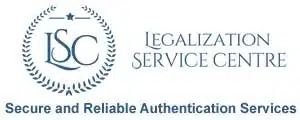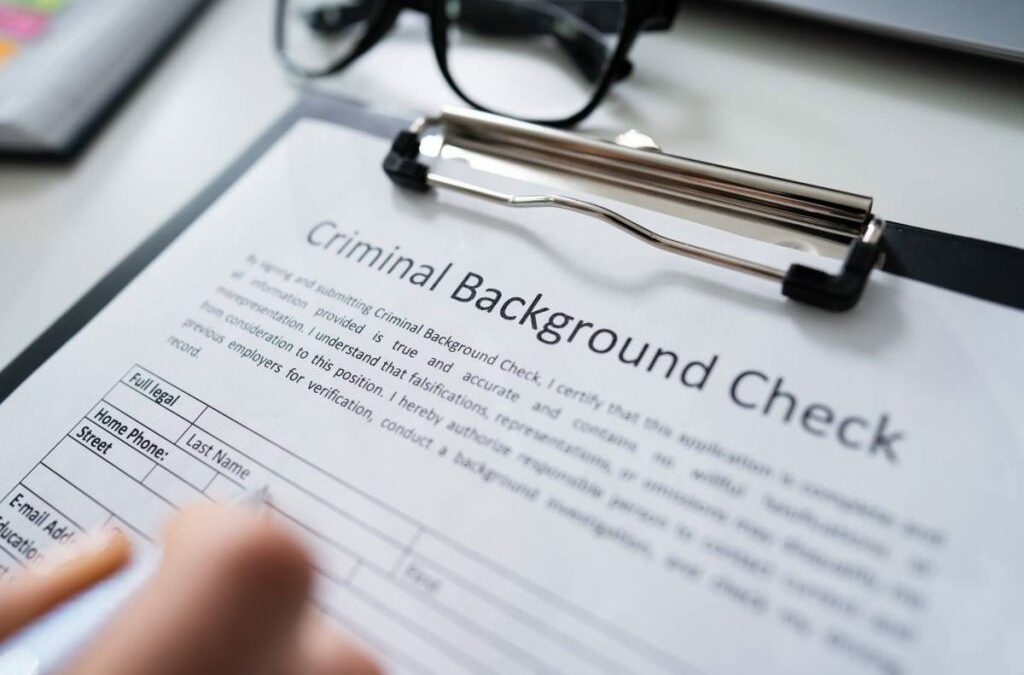A criminal record check is a comprehensive investigation into an individual’s past criminal history and can include several elements. It typically covers an individual’s criminal record, which consists of any convictions, arrests, or pending criminal charges. Legalization Service Centre Canada can help you through the process of obtaining a criminal record check and to complete criminal record check apostille. The check may include details such as the nature of the offense, the date of the offense, and the disposition of the case (e.g., whether the individual was convicted, acquitted, or the case was dismissed).
Criminal record checks may also reveal any history of probation, parole, or incarceration. Depending on the scope and purpose of the check, it may include searches of national, state, and local criminal databases, as well as sex offender registries. Some checks may also delve into federal criminal records and international databases for a more comprehensive assessment. The goal of a criminal record check is to provide employers, organizations, or authorities with a clear picture of an individual’s criminal history and assess their suitability for specific roles or responsibilities.
Jobs that require a criminal record check vary depending on the employer, industry, and specific job responsibilities. However, here are ten types of jobs or sectors where a criminal record check is commonly required or even mandated due to legal or security considerations:
Law Enforcement and Police Officers: Applicants for roles in law enforcement agencies, including police officers, detectives, and federal agents, typically undergo thorough criminal background checks to ensure their fitness for these positions.
Security Personnel: Security guards, both in private and public settings, often require criminal background check to assess their trustworthiness and suitability for safeguarding people and property.
Healthcare Professionals: Jobs in healthcare, such as doctors, nurses, and pharmacists, often involve access to sensitive patient information and require background checks to protect patient safety.
Education: Teachers, school administrators, and individuals working with children or vulnerable populations often undergo criminal background checks to ensure the safety of students.
Government Positions: Many government jobs, including civil service positions and roles in national security agencies, mandate extensive background checks due to national security concerns.
Finance and Banking: Employees in financial institutions, such as banks and investment firms, may undergo background checks due to the potential for financial misconduct or fraud.
Childcare and Elderly Care: Workers in childcare facilities, nursing homes, and home healthcare often require background checks to protect vulnerable populations.
Transportation: Individuals working in transportation industries, such as commercial truck drivers or airline personnel, often undergo background checks to ensure public safety.
Government Contractors: Contractors working on government projects, particularly those involving security or sensitive information, may require security clearance and background checks.
Prison and Corrections Officers: Those working in correctional facilities or as probation officers may undergo background checks to assess their suitability for managing inmates or offenders.
It’s important to note that the extent and depth of background checks can vary widely depending on the specific job, employer policies, and applicable laws and regulations. Additionally, some countries and regions have different requirements for background checks, so job applicants should be prepared to provide accurate information about their criminal history when required.
How to Apostille a Criminal Record Check
Getting a criminal record check authenticated typically involves a multi-step process that may vary depending on your country of origin and the destination country where you need to use the authenticated document. Here’s a general overview of the steps involved:
Obtain the Criminal Record Check: Start by obtaining a copy of your criminal record check from the relevant law enforcement agency or authority in your country. Ensure that it is an official and certified copy. The Legalization Service Centre can help you obtain the certificates.
Notarization: In many cases, you will need to have your criminal record check notarized by a public notary or a notary public in your country. This step confirms the authenticity of the document. The Legalization Service Centre can help you notarize the certificates.
State-Level Authentication: Depending on the requirements of your country, you may need to have your notarized document authenticated at the state or provincial level. This step verifies the authority of the notary who notarized your document.
Legalization at the Federal Level: In some countries, you may be required to have your document legalized at the federal or national level. This is typically done through the foreign affairs or foreign ministry department of your country. This step further confirms the authenticity of the document.
Authentication by the Destination Country’s Embassy or Consulate: If you need to use the document in a foreign country, you will need to present it to the embassy or consulate of the destination country. They will review the document, verify the previous authentications, and attach their own certification or seal to confirm its validity.
Translation and Notarization (if applicable): If the document is in a language other than the official language of the destination country, you may need to have it translated by a certified translator. In some cases, the translations may also need to be notarized.
Pay Fees and Submit Documents: Be prepared to pay fees for each step of the authentication process and follow the submission procedures provided by the embassy or consulate of the destination country.
Obtain Authenticated Document: Once the embassy or consulate has completed the authentication process, you will receive your authenticated document, which is now ready for use in the foreign country.
It’s important to research and follow the specific requirements and procedures for document authentication in both your home country and the destination country. These requirements can vary widely, so it’s advisable to contact the embassy or consulate of the destination country to obtain detailed information about their authentication process and any specific forms or fees that may apply. Additionally, consider using professional document legalization services like Legalization Service Centre Canada to ensure a smooth and efficient process.
Image Credit: nsgha

